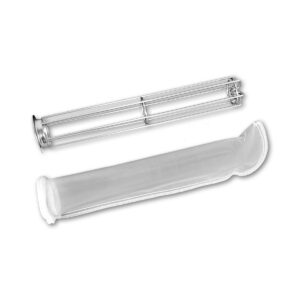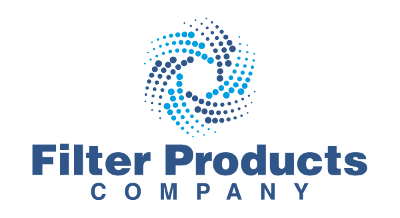Case Study
Reducing Tea Processing Downtime
Customer Issue
A global cultivator, processor and distributor of tea has a facility in Suffolk, Virginia that was built in 1955.
The process-air handling equipment in the Suffolk facility features consecutive banks of small diameter filter bags. Unfortunately, the filtration performance of the bags that the facility had historically sourced was not well matched to the particle distribution suspended in the air stream.
As a result, the first bank of filters would become “blinded” by nearly all of the suspended particulate. The second and downstream bank of filters were exposed to almost no suspended particulate. The result of this imbalance was that the first bank of filters needed to be changed out far more frequently than planned for in the preventative maintenance cycle, and the second bank of filters lasted far longer than planned.
A sister facility to the Suffolk plant, located in Dubai, United Arab Emirates had experienced the same problem and recommended that the Suffolk plant try increasing the micron rating of the first bank of filters so that primarily larger particulate in the air stream was captured at that stage, and the second bank of filters were left to capture smaller particles in the air stream.
The recommendation was sound, but the incumbent supplier of filter bags was unable to provide small quantities of filters in a variety of filtration configurations to the Virginia facility.
Filter Products Company Solution
The Project Engineering Lead and the Maintenance Planner at the Suffolk facility were surprised to find an industrial filtration specialist 80 miles to the northwest, in Richmond, that offers in-house production of textile-based filtration solutions.
After receiving a sample of the existing filter bag, the FPC team developed a sample that matched the filtration performance of the filtration media that was successfully implemented in Dubai. The bag had a felt collar so the design required the procurement of heavy weight felt grommets that were sewed through to form a collar that both sealed the textile filter to the air handling equipment and prevented particle by-pass between the felt grommet and the filtration fabric.
A prototype run of 15 pieces was made initially. This allowed one bank of filters to be changed out and the performance in a single system to be monitored. Following a successful first test, a short production run of 75 pieces was completed so that multiple banks of filters could be tested, in order to confirm the results of the first test.
Customer Result
The tea processing company is very pleased with the performance of the specialized bags in the Suffolk facility as it has led to lower maintenance downtime and increased productivity.
Services Used
Bag design, Product development, Custom filter bag manufacturing, Sourcing of unique textile components,
